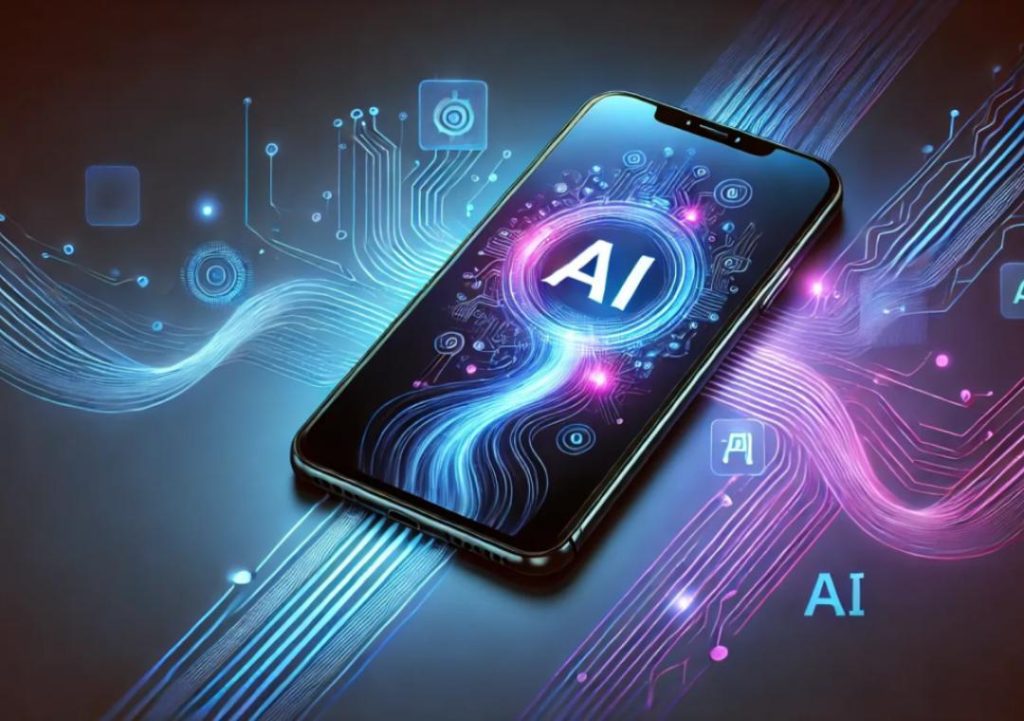
Agentic AI Shifts Apps from Passive Tools to Proactive Helpers
The way we interact with apps has undergone a significant transformation in recent years. Gone are the days when apps functioned like vending machines, where users had to select, confirm, and repeat actions. With the advent of agentic AI, apps are now being designed to be proactive helpers that understand evolving user preferences, handle dynamic requests, and take the initiative.
This shift in paradigm is a result of the integration of artificial intelligence (AI) into the core of the app experience. Agentic AI enables apps to learn from user behavior, anticipate their needs, and adapt to changing circumstances. No longer do users have to wait for commands or instructions; instead, the app takes the lead, making decisions and taking actions on their behalf.
So, what does this mean for users, and what are the implications for app development? Let’s dive deeper into the world of agentic AI and explore its potential to revolutionize the way we interact with apps.
The Evolution of App Interaction
Traditionally, app interaction was a linear process. Users would select an option, confirm their choice, and then wait for the app to respond. This passive approach limited the scope of what an app could do, as it relied on user input to determine its actions.
Agentic AI changes this dynamic by introducing a new level of intelligence into the app. The app no longer waits for user input; instead, it takes the initiative, using machine learning algorithms to anticipate and respond to user needs.
Key Characteristics of Agentic AI
So, what sets agentic AI apart from traditional AI? Here are some key characteristics that define agentic AI:
- Autonomy: Agentic AI apps are designed to take the initiative, making decisions and taking actions without explicit user input.
- Proactivity: Agentic AI apps anticipate user needs, rather than simply responding to user requests.
- Contextual understanding: Agentic AI apps use machine learning to understand the context of user interactions, enabling them to make more informed decisions.
- Adaptability: Agentic AI apps are designed to adapt to changing circumstances, such as user behavior or environmental factors.
Real-World Examples of Agentic AI in Action
So, how are agentic AI apps being used in real-world scenarios? Here are a few examples:
- Rescheduling a Meeting: Imagine a meeting app that can detect changes in your schedule and automatically reschedule meetings to accommodate your new availability.
- Curating a Playlist: A music streaming service that uses agentic AI can create personalized playlists based on your listening habits, without requiring you to specify a particular song or artist.
- Shopping Recommendations: An e-commerce app that uses agentic AI can offer personalized product recommendations based on your browsing history and purchase behavior.
The Impact of Agentic AI on App Development
The shift to agentic AI is changing the way apps are designed and developed. Here are some key implications for app development:
- Increased Complexity: Agentic AI apps require more complex algorithms and machine learning models, which can increase development time and costs.
- New Design Paradigms: Agentic AI apps require a new approach to design, focusing on user experience and contextual understanding rather than simply presenting a list of options.
- Data-Driven Decision Making: Agentic AI apps rely on data to make decisions, which means developers need to prioritize data collection, storage, and analysis.
Conclusion
Agentic AI is revolutionizing the way we interact with apps, shifting the paradigm from passive tools to proactive helpers. By embedding intelligence into the core of the app experience, agentic AI apps can anticipate and respond to user needs, making decisions and taking actions on their behalf.
As the technology continues to evolve, we can expect to see more innovative applications of agentic AI in various industries. Whether it’s rescheduling a meeting, curating a playlist, or offering personalized recommendations, agentic AI apps are poised to change the way we interact with technology forever.
Source: https://www.growthjockey.com/blogs/agentic-ai-in-app






